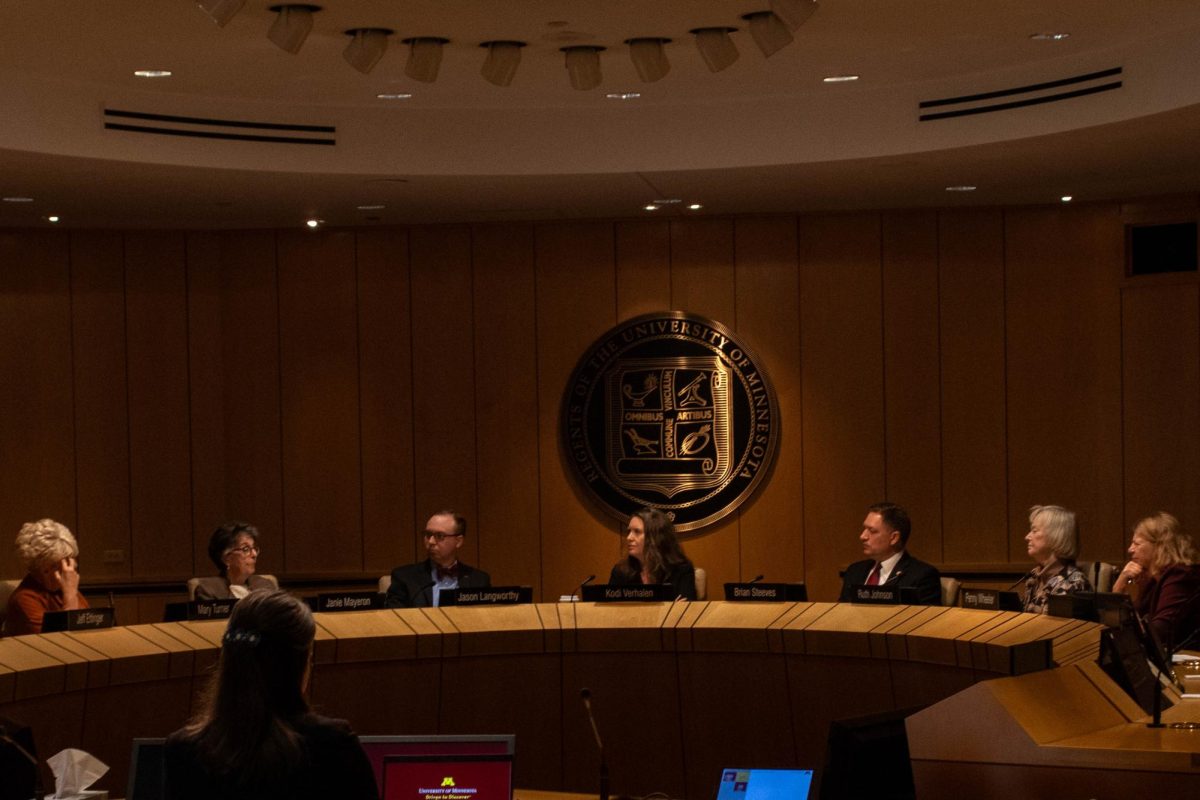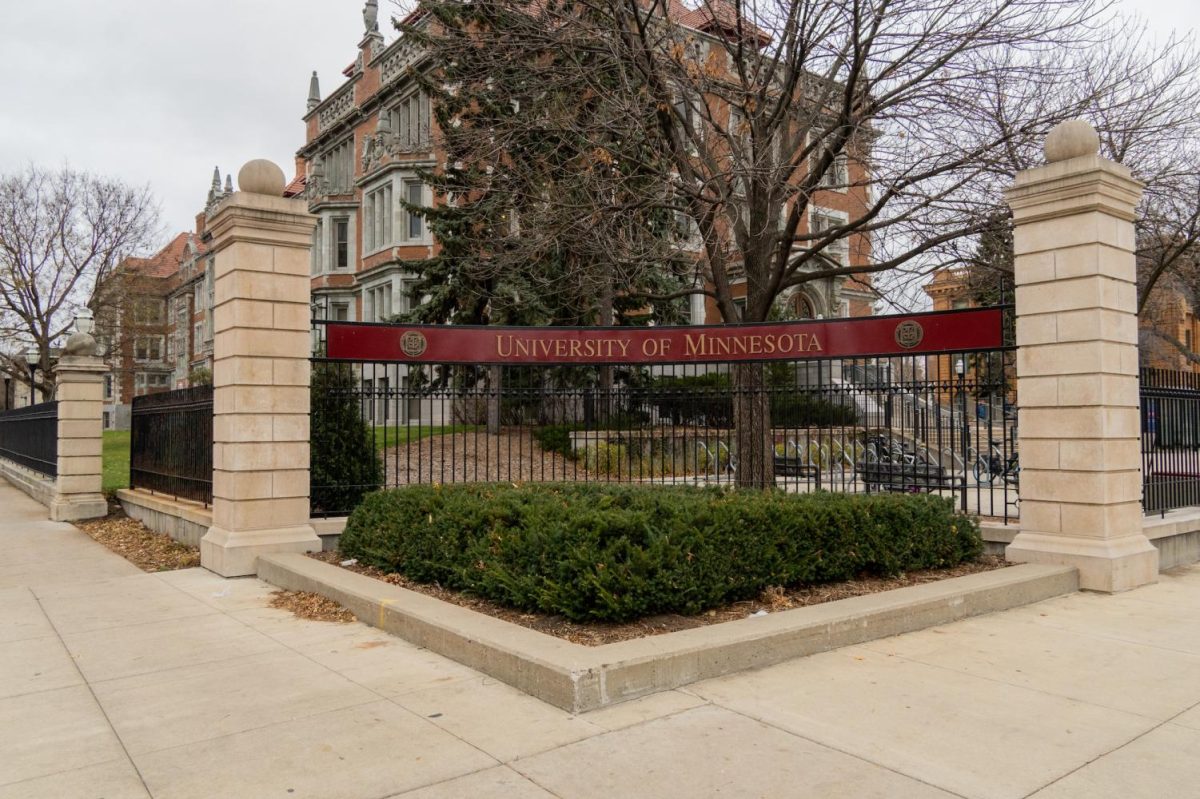The University of Minnesota and the Minnesota Department of Employment and Economic Development (DEED) announced Nov. 16 they are partnering to invest $34.5 million in startup businesses.
During a press conference at the University’s Health Sciences Education Center, University and state officials announced the Minnesota State Small Business Credit Initiative’s (SSBCI) Direct Investment and Multi-Fund Venture Capital Programs, which will support up-and-coming Minnesota businesses with venture capital funding.
The new program comes after the state announced last month that small businesses across the state will receive $100 million as part of the federal American Rescue Plan Act, which has provided economic relief to individuals and businesses to offset economic impacts of the COVID-19 pandemic.
“The focus of these programs is to continue the string of Minnesota’s business community by injecting funding straight into venture capital and startup opportunities,” University Senior Vice President for Finance and Operations Myron Frans said at the Nov. 16 press conference.
The programs launched after companies across the state reported venture capital funding was a top need for businesses, Executive Director of Launch Minnesota Neela Mollgaard said at the press conference. Launch Minnesota is a program that aims to grow Minnesota’s startup businesses.
The state and the University plan to inject $34.5 million into venture capital investments, targeting “investments in life sciences, agriculture/food tech, climate tech, advanced manufacturing, software, and technology,” according to a press release.
Any small business can apply for funding through the University’s SSBCI Venture Capital website.
UMN investing in innovation
Speaking at the press conference in the Health Sciences Education Center’s Makerspace, Frans said the University has worked with the state in the past to encourage innovation and creativity on campus.
He said spaces such as the Makerspace and the Toaster Innovation Hub in Walter Library reflect that innovation because “ideas become reality and sometimes they transform into startups that could benefit the program.”
“As a University, we educate new generations of leaders, we discover the technologies and cures of tomorrow and we engage Minnesotans and their communities in every corner of this state to bring our expertise directly to them and to work with them to make our ideas even better,” Frans said.
Startup Genome ranked the Twin Cities as the second top emerging ecosystem in the country, which the state hopes to maintain through the partnership with the University, according to Mollgaard.
“We are leveraging the knowledge and the talent within the University walls to make sure that our entrepreneurs have the talent and know-how to succeed,” Mollgaard said at the press conference. “Working together to develop and deploy new technologies is vital to Minnesota to keep us competitive nationally and globally.”
This collaboration between the state and the University is important in helping businesses in “a really disruptive economy,” according to DEED Commissioner Steve Grove.
At the press conference, Grove said there has been a 33% increase in the number of startup companies every month compared to four years ago. The program will provide increased resources to help small businesses.
The partnership hopes to set aside 50% of its funding to support underrepresented groups, such as companies run by people of color and veterans and companies located in Greater Minnesota, according to Grove.
“The state needs to play a role in that, the U needs to play a role that helps accelerate that growth and that opportunity,” Grove said. “These companies are creating the next jobs for Minnesota’s economy.”
Explaining venture capital and its benefits to businesses
Assistant Finance professor Richard Thakor said a venture capital fund is money collected by investors and merged together. Thakor said venture capital investments can help smaller companies grow and earn money over time.
“If you think of a small startup company, they don’t have a lot of other places to get money,” Thakor said. “You can put in your own money, but that’s going to be risky. You could try and take out a bank loan, and many companies do this, but they have to pay back interest payments over time and they may not be generating cash at that moment.”
Some companies that have received venture capital funding have become successful throughout the years, Thakor said. He said companies like Microsoft, Google and Apple used venture capital funds to grow.
Support from investors would help businesses develop connections with investors who have experience running a successful business.
“It’s actually less than 2% of companies that get venture capital funding,” Thakor said. “A lot of evidence has shown that venture capital provides not only the money but the advice and connections that have been successful in the past and helping them to grow.”














LazyTiger
Dec 10, 2022 at 4:15 pm
He is a character from another Manhwa (yaoi)
Dj.2632F.US/gz10041b